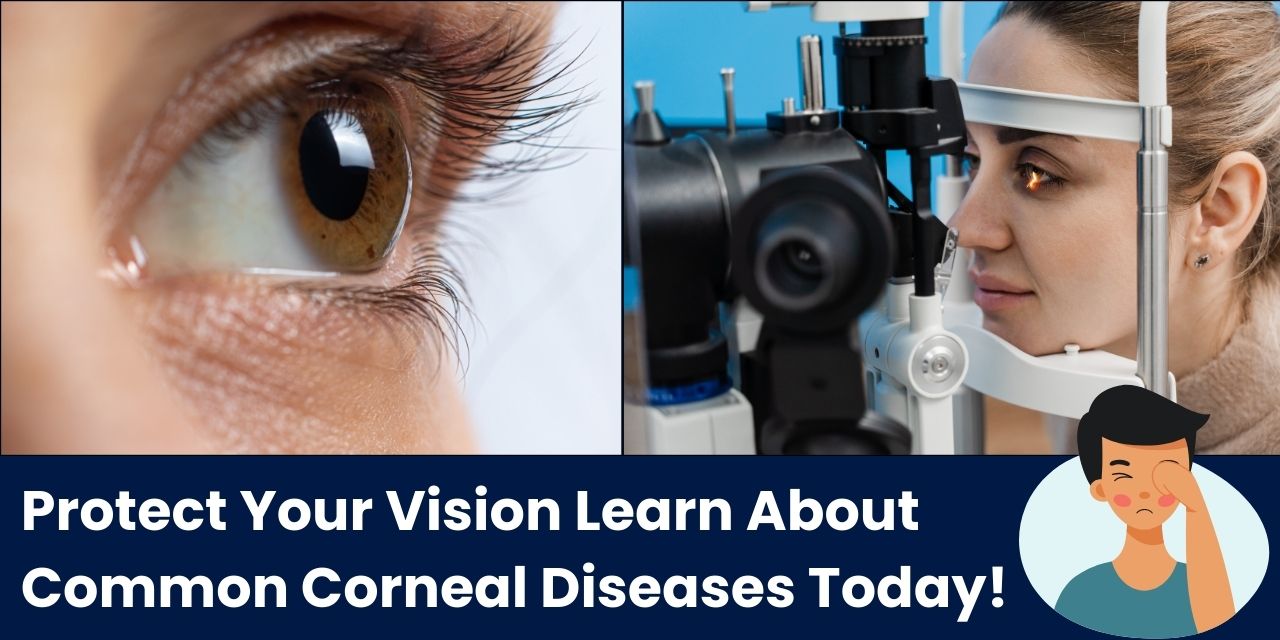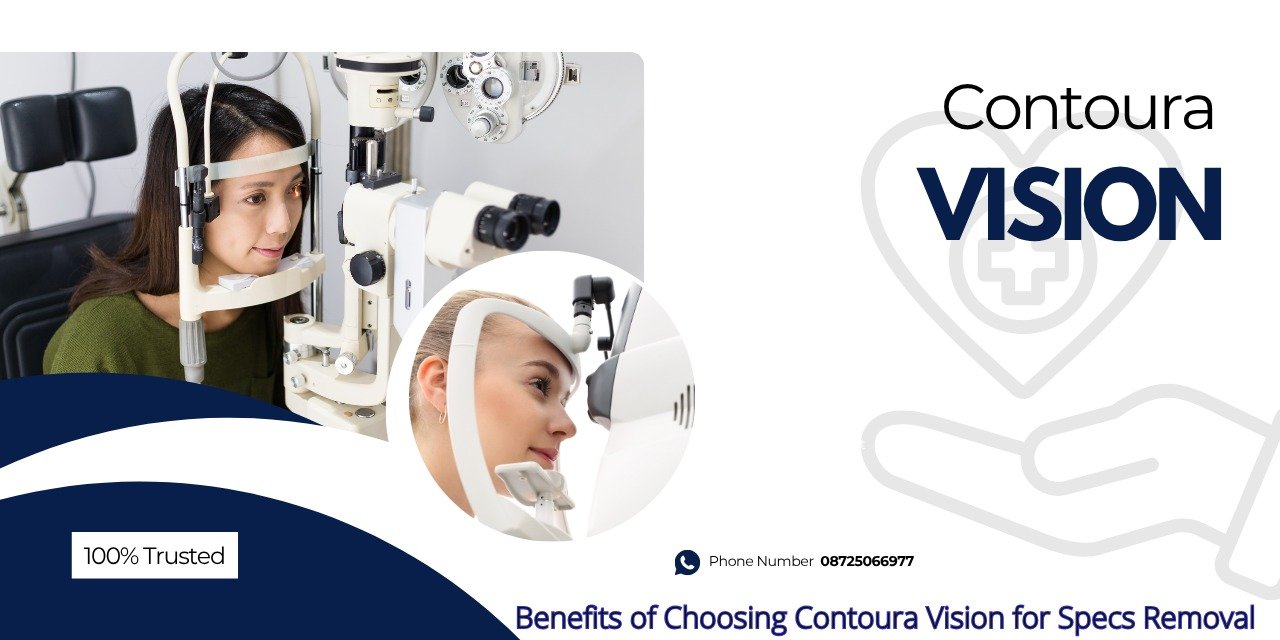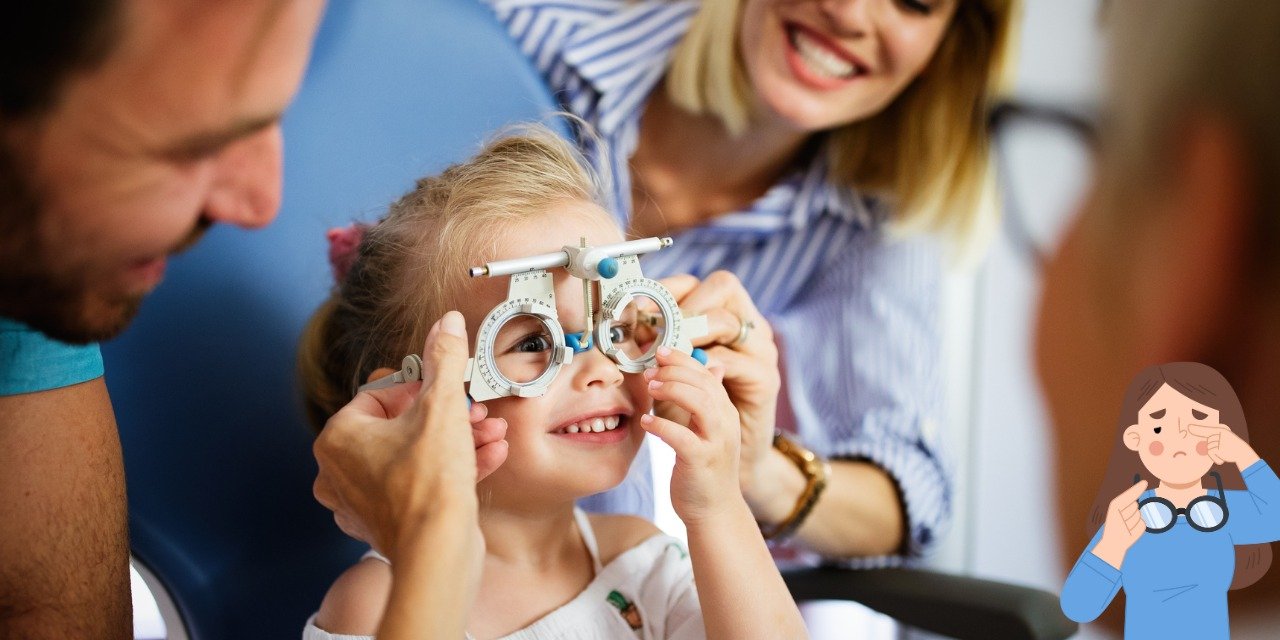The cornea is the clear, dome-shaped surface that covers the front of the eye, playing a crucial role in vision by refracting light. Corneal diseases can significantly impact vision and daily life, leading to discomfort, impaired sight, and even blindness in severe cases. Understanding these conditions is essential for early detection and treatment. In this article, we will explore common corneal diseases, including keratoconus, corneal dystrophies, and infections, highlighting their effects on vision and overall quality of life.
Keratoconus: A Progressive Thinning of the Cornea
Keratoconus is a progressive eye disorder characterized by the thinning and bulging of the cornea into a cone shape. This abnormal shape distorts vision, leading to significant visual impairment. Symptoms of keratoconus often begin in the teenage years or early twenties and may include:
- Blurred or distorted vision
- Increased sensitivity to light and glare
- Frequent changes in glasses prescriptions
- Difficulty seeing at night
As the condition progresses, individuals may experience significant vision loss, necessitating the use of specialized contact lenses or surgical intervention, such as corneal cross-linking or corneal transplant. The psychological impact of keratoconus can also be profound, as individuals may struggle with social interactions due to their visual limitations.
Corneal Dystrophies: Genetic Disorders Affecting the Cornea
Corneal dystrophies are a group of inherited disorders that affect the cornea’s clarity and function. These conditions can lead to vision problems due to the buildup of material in the cornea, causing cloudiness or irregularities in its structure. Some common types of corneal dystrophies include:
- Epithelial Dystrophy: This affects the outer layer of the cornea, leading to recurrent erosions and discomfort.
- Stromal Dystrophy: This affects the middle layer of the cornea, causing clouding and reduced vision.
- Endothelial Dystrophy: This impacts the innermost layer of the cornea, leading to swelling and opacity.
Symptoms of corneal dystrophies can vary based on the type and severity but often include blurred vision, halos around lights, and increased sensitivity to light. Regular monitoring by an eye care professional is essential, as treatment options may include medications, specialized contact lenses, or corneal transplant surgery.
Corneal Infections: A Threat to Vision
Corneal infections, often referred to as keratitis, can result from bacteria, viruses, fungi, or parasites. Contact lens wearers are particularly at risk for developing infections due to improper hygiene and prolonged wear. Symptoms of corneal infections include:
- Eye redness
- Pain or discomfort
- Excessive tearing or discharge
- Blurred vision
- Sensitivity to light
Prompt treatment is crucial for corneal infections, as untreated cases can lead to scarring, vision loss, and in severe cases, the need for corneal transplantation. Treatment typically involves antibiotic or antiviral eye drops, depending on the cause of the infection. Maintaining good hygiene and seeking medical attention at the first sign of symptoms can help prevent complications.
The Impact of Corneal Diseases on Daily Life
Corneal diseases can profoundly affect a person’s quality of life. Individuals may experience challenges in performing everyday activities such as reading, driving, and working, which can lead to frustration and decreased productivity. Additionally, the psychological toll of dealing with vision impairment can result in anxiety and social withdrawal.
Seeking Treatment and Support
If you experience symptoms related to corneal diseases or have a family history of these conditions, it’s essential to consult an eye care professional. Early diagnosis and intervention can help preserve vision and improve your overall quality of life. Treatment options may vary based on the specific condition and its severity, but advancements in medical and surgical interventions have greatly enhanced outcomes for patients.
Conclusion
Understanding common corneal diseases, such as keratoconus, corneal dystrophies, and infections, is vital for anyone concerned about their eye health. By recognizing the symptoms and seeking timely treatment, individuals can significantly reduce the impact of these conditions on their vision and daily life. If you are looking for expert care, visit Cornea Centre, where Dr. Ashok Sharma provides specialized treatment for corneal diseases. As a leading eye hospital in Chandigarh, the Cornea Centre is dedicated to improving your vision and enhancing your quality of life through advanced medical care. Don’t wait prioritize your eye health and schedule a consultation today!. To get more information please contact us on : +919814528495.













